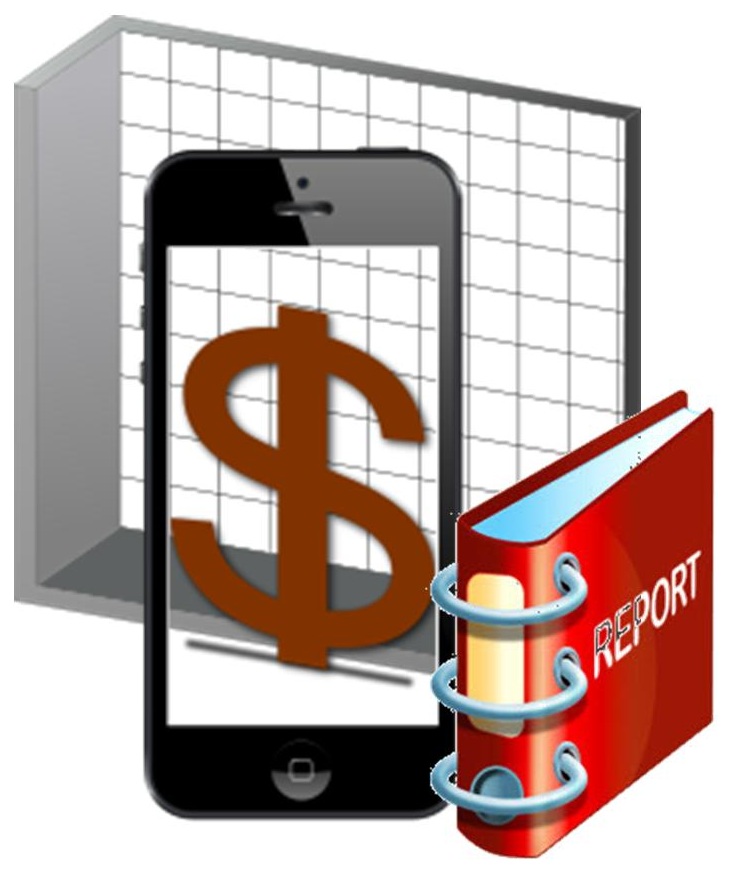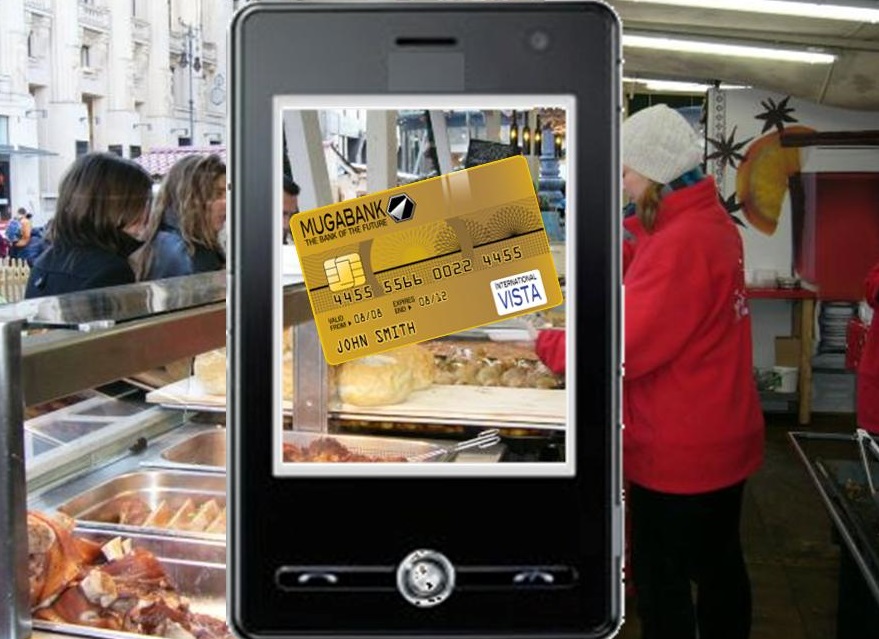 Report highlights fragmentation in mobile payments
Report highlights fragmentation in mobile payments
Mobile payments have been showing strong growth throughout the U.S., but this growth has not been as steady as had initially been expected. This week, the Federal Reserve Banks of Boston and Atlanta have released a new report concerning the expansion of mobile payments. The report suggests an emerging fragmentation in the mobile commerce sector that has served to derail some of the progress that has been seen in mobile payments over the past few years.
Mobile commerce shows modest growth over past two years
According to the report, entitled “U.S. Mobile Payments Landscape — Two Years Later,” the mass adoption of mobile commerce is unlikely without strong support and collaboration from multiple organizations and industries. Over the past two years, mobile payments have grown more popular but have done so under harsh criticism. Mobile commerce has been dogged by concerns regarding security and many of the issues that consumers have with mobile payments remain unresolved due to the lack of interest many companies have in this field.
Multiple approaches lead to slower growth
The report claims that the advent of mobile devices has created an effective way to create a dynamic marketplace for consumers. As mobile commerce entered the limelight, companies, particularly banks and telecommunications organizations, began teaming up to engage consumers in a new form of commerce. Various such partnerships and collaborations have formed over the past few years, with each partnership experimenting with ways to make mobile payments more attractive to consumers. This has lead to some fragmentation as the various parties focus on very particular aspects of mobile commerce.
Non-banks introduce more risk to mobile payments field
While innovation has been encouraged in mobile commerce over the past two years, this also comes with significant risks. Non-bank organizations that are getting involved in mobile payments represent the majority of the risks associated with this sector. This is due to the fact that these organizations rarely have the security experience that financial institutions have and are not held to the same laws that banks are.

 This trend is allowing smaller firms to accept credit card transactions in a more affordable way.
This trend is allowing smaller firms to accept credit card transactions in a more affordable way.